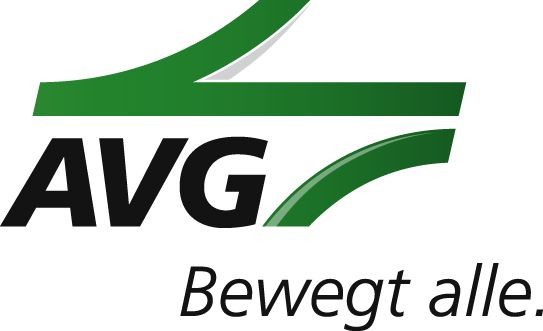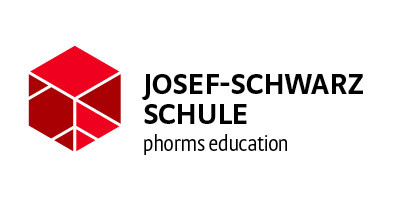Modular framework for 3D Surface reconstruction
Entry from the 17.06.2025
Position number 119182
Job vacancy: From now onPosition number 119182
Description
As part of the IGF project on particle measurement technology, research is focused on dynamic image analysis for small particles, such as bricks and slag. The key advantage of this approach is its ability to capture both particle size and shape characteristics. To achieve this, modern neural surface reconstruction (NSR) methods are employed, enhancing 3D understanding of the particles within a deep learning framework. These methods reconstruct dense 3D surfaces using multiview, image-based neural rendering techniques. Once a high-quality 3D geometry is reconstructed, it supports various downstream tasks such as object recognition, classification, detection, shape analysis and comparison, as well as product quality control.
In neural surface reconstruction, some methods represent the surface of an object using discrete, explicit structures such as voxel grids or meshes. In contrast, other approaches utilize continuous, implicit representations, where the surface is encoded by a neural network. To capture these inductive biases, neural rendering techniques are divided into surface-based and volume-based methods. Moreover, to reduce the reliance on dense input views with highly accurate camera poses, various algorithms have been developed to address these limitations. In recent years, several public codebases for NSR have gained popularity within the research community. However, due to the lack of consolidation, numerous NSR repositories exist, each focusing on enhancing specific components of particular algorithms. These repositories tackle different challenges, leading to parallel, non-interacting implementations. To efficiently capture the diverse and rapidly growing development of NSR research, the following tasks exemplify the main responsibilities associated with the offered Hiwi position:1. Conduct literature research on NSR
2. Classify and compare the advantages and disadvantages of existing NSR methods
3. Consolidate critical techniques into reusable, modular components
4. Develop an end-to-end, plug-and-play, and user-friendly workflow
PDF attachment: HiWi-Flyer-en.pdf, 272 kB
- Job type/category
- Working student
- Field of study preferred
- Alle Studiengänge
- Favored career stage
- Student
- Location/region
- Karlsruhe city, Karlsruhe region
- Sector
- Research
- Industry branch
- IT & Internet
- Science & research
- Language at workplace
- German
- Is the position suitable for international students with B2 German language skills?
- Yes
- Type of company
- Scientific institution
- Home office
- Homeoffice possible
Contact
Mr. Jiachen Zhou
Intelligent Sensor-Actuator-Systems (ISAS)
Adenauerring 2
76131 Karlsruhe
Germany
Tel: 072160842760
E-Mail: Please log in to read the stated e-mail address
Intelligent Sensor-Actuator-Systems (ISAS)
Adenauerring 2
76131 Karlsruhe
Germany
Tel: 072160842760
E-Mail: Please log in to read the stated e-mail address





